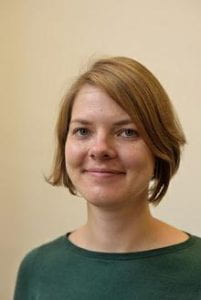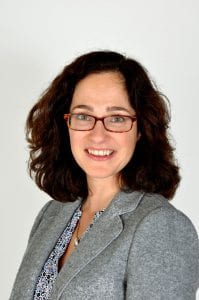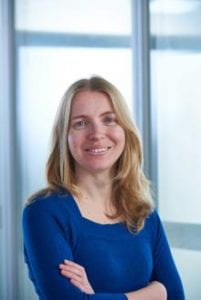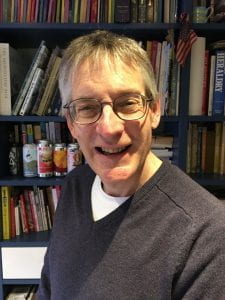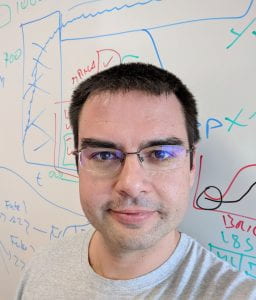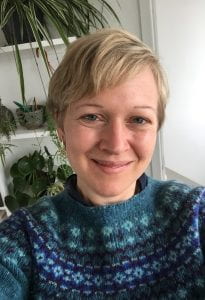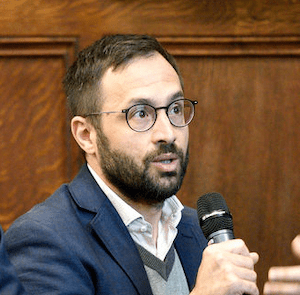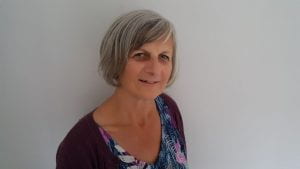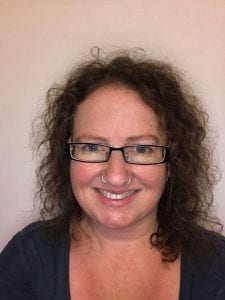Meet Dr Egle Cesnulyte, Lecturer in Politics and International Development in the School of Sociology, Politics and International Studies.
Tell us about your journey into academia…
I was supposed to be an economist – I did my undergraduate degree in Economics and got a good job in the field after my studies. However, very quickly I realised that thinking as an economist does not help to answer many questions that I still had. I came to Bristol to do MSc in International Development, got super interested in gender and how it interacts with economic and political structures, and this led me to a PhD in International Studies and Politics at the University of Leeds.
In my doctoral research I explored the agency and its limits of women selling sex in Mombasa, Kenya. After completing my PhD I taught at the Universities of Leeds and Warwick before completing the circle and coming to work here at Bristol where my academic journey had started many years ago.
What’s your favourite thing about teaching on postgraduate taught programmes at Bristol?
I love that our MSc student body is so diverse – we have people coming from different places in the world, with different professional backgrounds and with a wealth of local, national and international experiences and knowledge. I teach an MSc unit ‘Gender and Development’ and bringing all those experiences and knowledge into a classroom is an amazing resource – I learn so much from my students, and our conversations and discussions are always so rich and thought provoking.
What’s your number one top tip for prospective postgraduate students?
Use your time at Bristol to explore things beyond the compulsory classes. SPAIS has three vibrant research Centres (Gender Research Centre, Global Insecurities Centre, Centre for the Study of Ethnicity and Citizenship), the University hosts amazing institutes (Cabot Institute, Migration and Mobilities Institute, Centre for Africa Research and Partnerships to mention just a few) – all of them organise events, lectures, discussions and workshops that are open to students. This is your chance to engage with top researchers and hottest research topics in academia as part of our community – use it!


